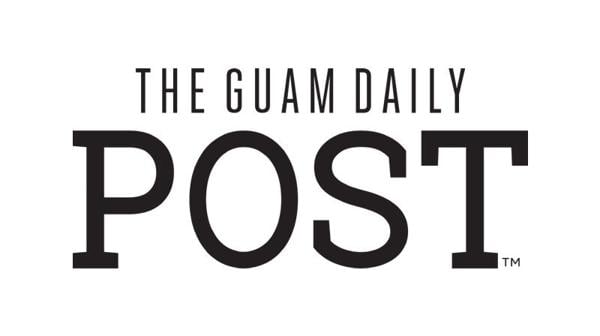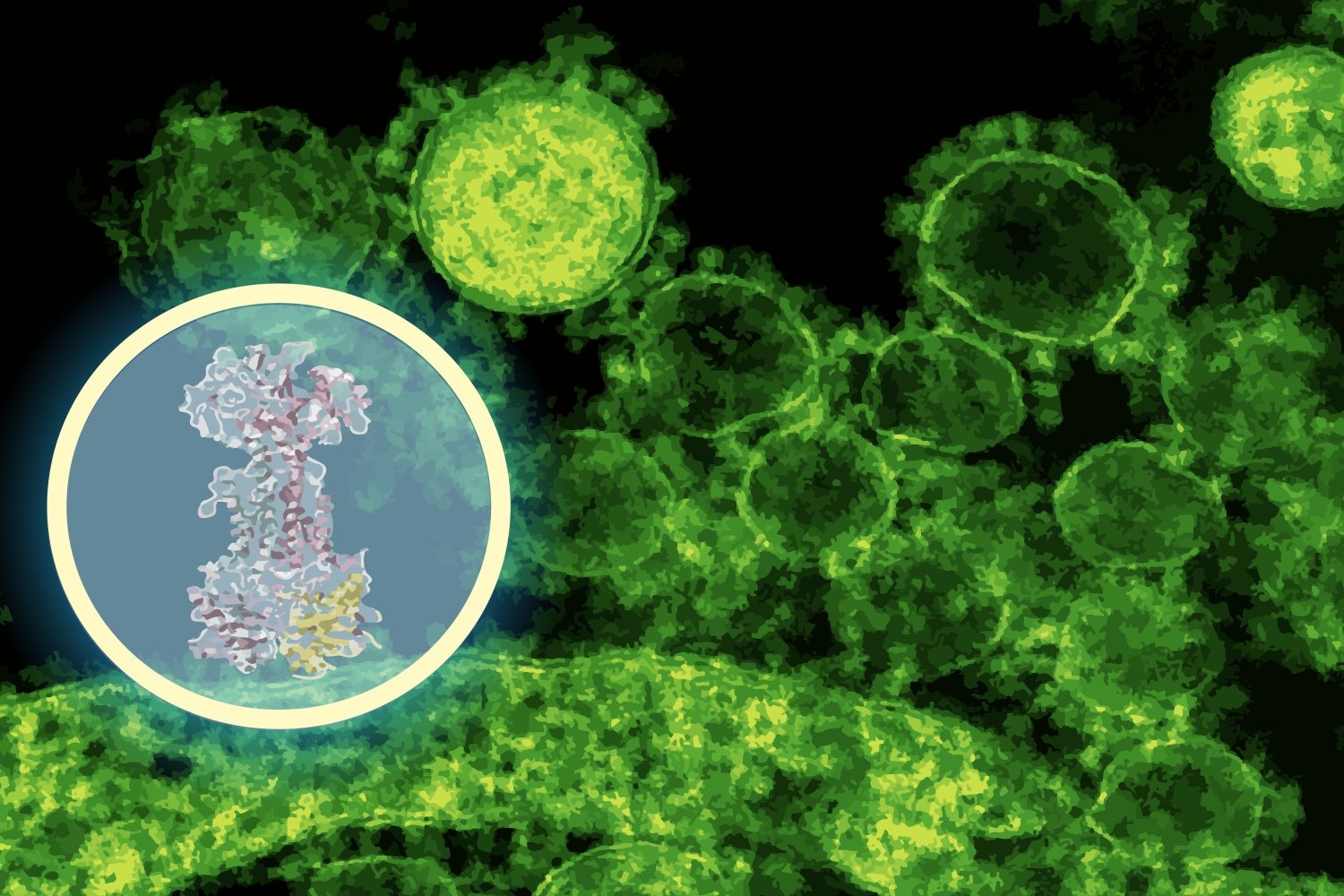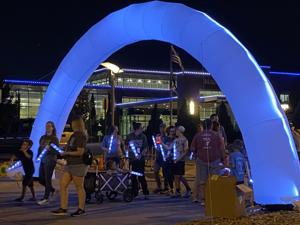CervoMed Announces New Data from Phase 2b Trial Demonstrating Neflamapimod's Potential as a Treatment for Dementia with Lewy Bodies
Significant improvement relative to placebo on primary outcome measure, change in Clinical Dementia Rating Sum of Boxes (CDR-SB), demonstrated in a within-subject analysis in participants with low likelihood of having Alzheimer's disease (AD) co-pathologySignificant reduction in plasma levels of a well-established biomarker of neurodegeneration, plasma glial fibrillary acidic protein (GFAP), correlated to treatment response assessed by CDR-SBCervoMed anticipates U.S. Food and Drug Administration (FDA) feedback on Phase 3 trial design in the fourth quarter of 2025BOSTON, Oct. 08, 2025 (GLOBE NEWSWIRE) -- CervoMed Inc. (NASDAQ:CRVO), a clinical stage company focused on developing treatments for age-related neurologic disorders (CervoMed or the Company), today announced additional data from its Phase 2b RewinD-LB trial, further demonstrating neflamapimod's potential as a treatment for dementia with Lewy bodies (DLB)."With October recognized as Lewy Body Dementia Awareness Month, we are especially proud to share these new data from our Phase 2b RewinD-LB trial," said John Alam, M.D., Chief Executive Officer of CervoMed and Co-Principal Investigator of the RewinD-LB trial. "The significant improvements compared to placebo in change in CDR-SB observed in the within-subject comparison, along with correlated reductions in a key biomarker of neurodegeneration further strengthen our confidence in neflamapimod's potential as a treatment for DLB. Together with other insights gained from Phase 2b, these results have enabled us to refine and optimize the design of our planned Phase 3 trial as we await FDA feedback later this quarter."New Results from the Phase 2b RewinD-LB Trial1The results announced today (presentation here) are based on the final analyses of the RewinD-LB trial, conducted after the August 2025 database lock for the full 48-week trial (16 weeks placebo-controlled (Initial Phase), followed by a 32-week neflamapimod-only extension (Extension Phase)). In addition to confirming previously reported findings, today's announcement also includes:A subgroup analysis of participants with a low likelihood of AD co-pathology, defined by the criteria the Company expects to use in its planned Phase 3 trial in patients with DLB; andFurther analyses of the RewinD-LB trial's primary biomarker endpoint, plasma GFAP.Results in Participants Whose Plasma ptau181 Levels Were Below 21 pg/mL at Screening, Indicating a Low Likelihood of AD Co-PathologyTo enrich enrollment for participants without AD co-pathology, only individuals with plasma ptau181 2 were randomized in the RewinD-LB trial. Based on the limited data available at the time the trial was designed, this 27.2 pg/mL threshold was estimated to be an appropriate cut-off for distinguishing patients with AD co-pathology from those without.Recently, however, the first large, international multicenter study (n=1298) of the diagnostic performance of plasma ptau181 along the continuum of AD and non-AD dementias3 identified a lower threshold – 21 pg/mL – as the high-sensitivity cutoff for detecting AD pathology. Based on this progress in understanding of using ptau181 to detect AD pathology and the Company's belief that neflamapimod is most effective as a treatment for the roughly 50% of DLB patients who do not have AD co-pathology, the statistical analysis plan for the RewinD-LB trial was amended in February 2025 to include sensitivity analyses using the In the subset of participants whose plasma ptau181 levels were below 21 pg/mL at screening, results include:Initial Phase: On the primary endpoint of change in CDR-SB over 16 weeks, there was a trend toward NFMD/A (Drug product batch that did not achieve targeted plasma drug concentrations, "old capsules")4 relative to placebo (difference −0.53, p=0.10, linear mixed-effects model) during the Initial Phase of the trial.Extension Phase (First ...Full story available on Benzinga.com









